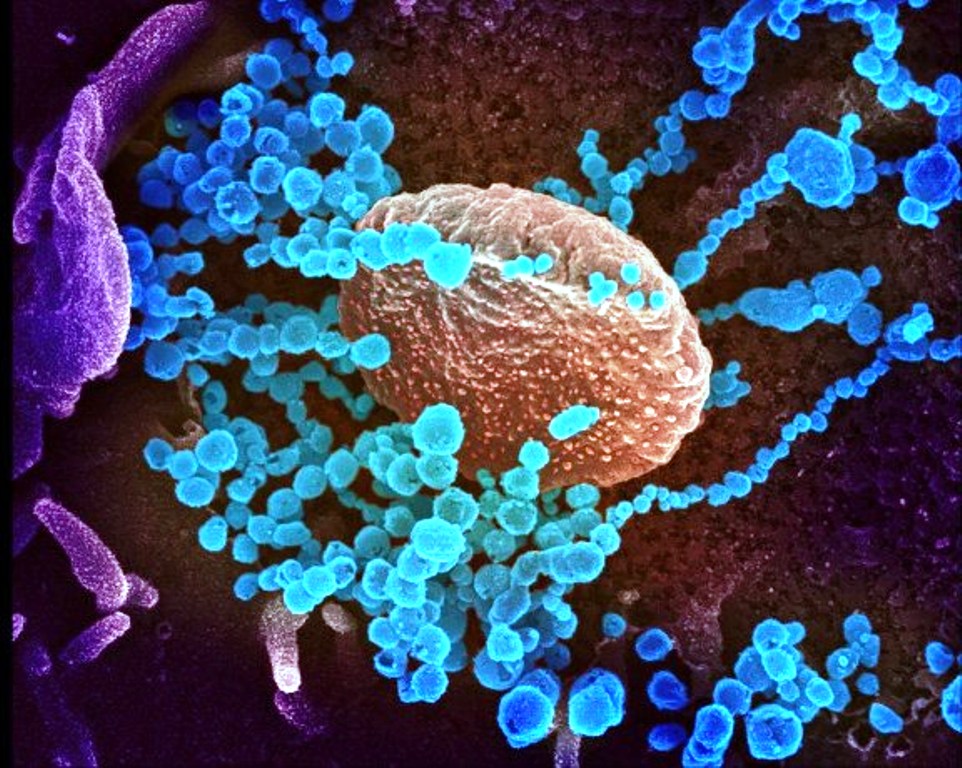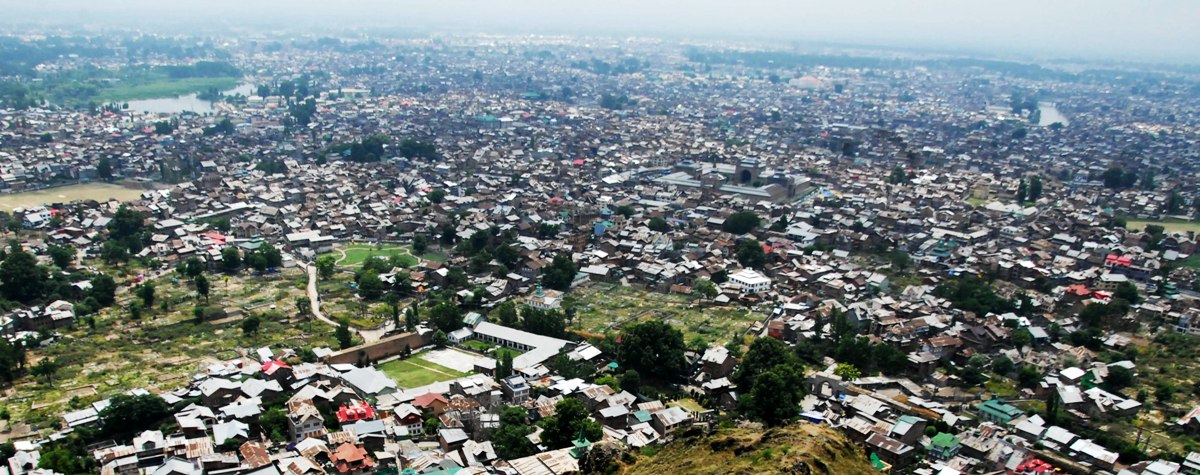by Dr Inamul Bashir
The Covid-19 pandemic has gripped the nations throughout the globe compelling governments to impose countrywide lockdowns to contain the spread of the Coronavirus, which has affected millions across the globe and has threatened to change the world in which we live with ramifications for how leaders govern. Being unprecedented in peacetime, the people across the globe feel troubled, unhappy, irritated with the restrictions imposed in the different parts of the world. However, the exponential increase in the positive cases across the world has forced the citizens to sacrifice their civil liberties temporarily. Modern life has been put on pause with millions of us cooped up indoors as governments try to curtail the spread of the Covid-19 pandemic.

Fortunately, besides flattening the curve, the global lockdown has apparently caused other positive changes in the various domains of our life. The love and affection towards humanity took the front. The lovely people across the globe work as volunteers to deliver groceries and medicine to elderly and vulnerable people. People have also donated money to help in efforts to contain the spread of the virus and provide relief to those affected by Covid-19. The people shared recipe and exercise ideas, sent uplifting messages to self-isolating elderly people and transformed businesses into food distribution centres.
As the virus affects us all, it has brought many communities around the world closer together. The virus has also highlighted the importance of health workers and other people working in key services. People have taken to their balconies and windows to applaud the doctors and nurses fighting the virus, while medical students have volunteered to help healthcare professionals with childcare and household chores.

With millions of people now stuck in isolation, many are using the opportunity to get creative. At this point of time people are making use of their time at its best. While some people are committed to learn new things, social media users share details of their new hobbies, including reading, baking, knitting and painting. The various famous chefs are teaching basic recipes to aspiring foodies who are stuck at home. During the lockdown, children are engaging themselves in indoor extracurricular activities. The creative side of an individual is no longer hidden: thanks to lockdown!
Amid the lockdown, the natural world has continued to rumble on and even shown signs of benefiting from our absence. The environmental changes wrought by the virus were first visible from space. Then, as the disease and the lockdown spread, they could be sensed in the sky above our heads, the air in our lungs and even the ground beneath our feet. As countries go into lockdown over the virus, there has been a significant drop in pollution levels. Cleaner air has perhaps been the single greatest positive effect of the lockdowns on the environment. Cities across the world have seen pollution levels plummet as people have spent less time in vehicles, offices and factories and more time at home. Reductions in particulate matter and nitrogen dioxide have been registered in various metropolitan cities throughout the world all recording a dip in the presence of the harmful substances amid reduced industrial activity and car journeys, thus reducing the risks of asthma, heart attacks and lung diseases.
The ozone layer in the upper atmosphere shows the positive signs of healing itself. While skies are clearer, river water seems cleaner. The stoppage of industrial pollutants and industrial waste has shown a positive effect on water quality. The toxic foam, caused due to a mix of sewage, detergents and chemicals from industrial waste, shows a smooth decline.
Coronavirus: A Tajik Singer’s Afghan Song Explains Mankind’s Current Predicament
Even the wildlife has filled the vacuum by taking the opportunity presented by our widespread absence to venture out and explore. With less human movement, the planet has literally calmed: seismologists report lower vibrations from cultural noise than before the pandemic. UN leaders, scientists and activists are pushing for an urgent public debate so that recovery can focus on green jobs and clean energy, building efficiency, natural infrastructure and a strengthening of the global commons rather than going back to business as usual. The political focus has shifted from individual consumption to collective wellbeing.

This pandemic must be taken as a call from nature. The current scenario must shape our future approach of how authorities should minimize industrial effluents in the water bodies. The deadly consequences of ignoring expert warnings, of political delay and of sacrificing human health and natural landscapes for the economy must be taken into consideration in future. The decline in pollution levels, which increases our resistance to various kinds of diseases, must be given priority. It is the time to change the way we think about change. A good sense of humanity must prevail inside each individual. Let’s hope that humanity would emerge from this horror into a healthier, cleaner and a peaceful world.
(The author teaches Physics at the Boys Higher Secondary School, Tral. Ideas are personal.)















